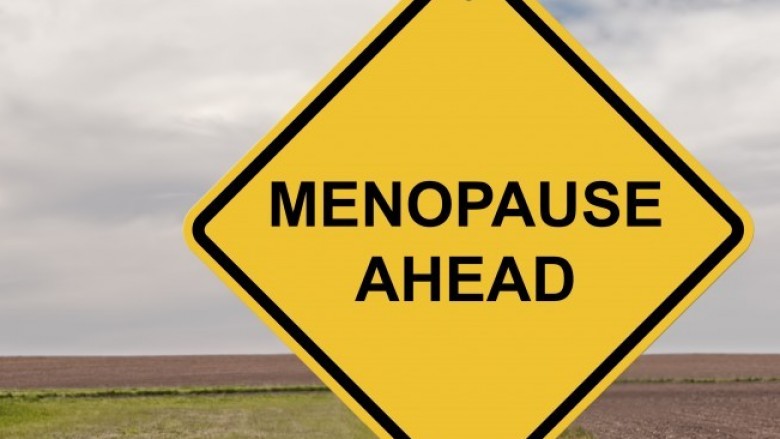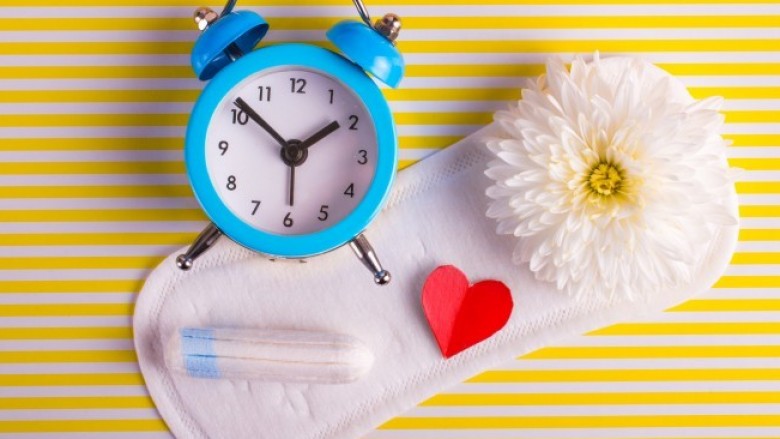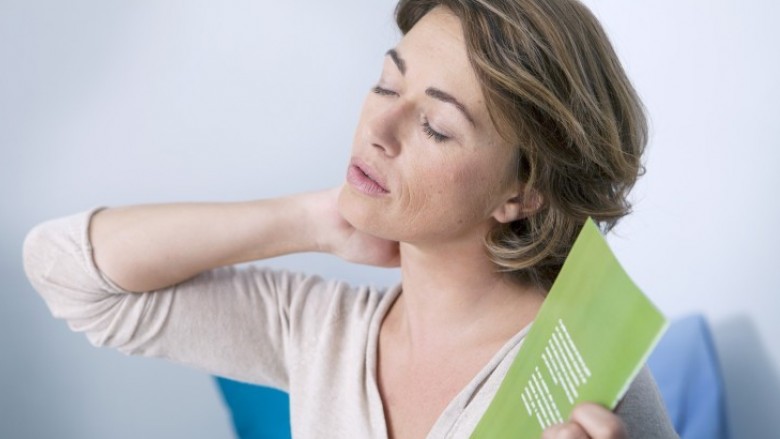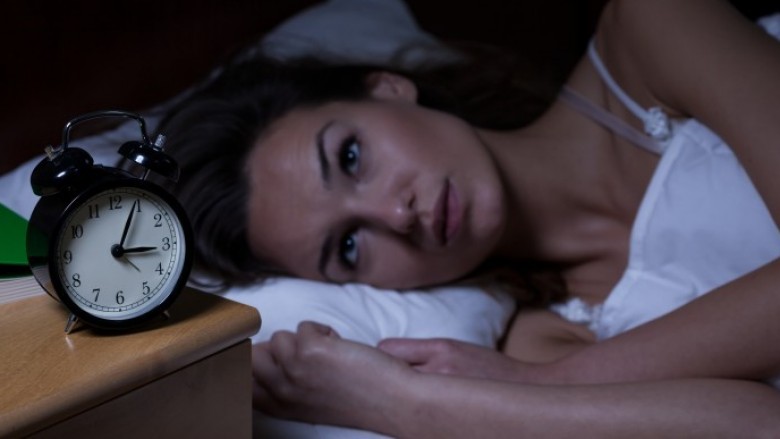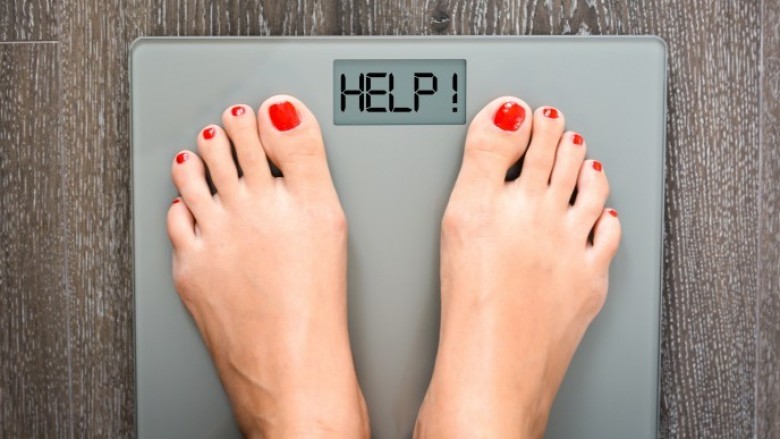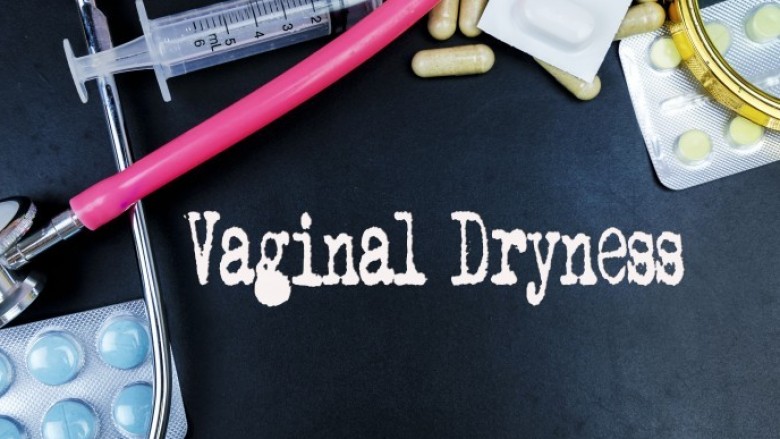What You Need To Know About Premenopause
No woman really looks forward to menopause. While there may be some of you that think the idea of not having to deal with pms, cramps and all the other joys of your period sounds like a dream come true, there are few of us that relish the idea of getting older.
What you might not know is that menopause is not something that just happens overnight. It takes time before your body adjusts to a new way of living. Several years before you stop having your period, you will experience several years with a wide variety of symptoms that can be a little disorienting unless you know what is happening to your body.
I know all about this. I've been in menopause for about two years now and I can tell you — it has been one wild ride. It was a difficult adjustment, but since I was prepared for the emotional and physical changes, I was empowered to face "the change" with courage and a sense of hope for the future. As I share wisdom I've gleaned from doctors and from my own experience with premenopause, I promise you — I have come out on the other side a stronger and more confident woman. I know you will too.
What is menopause anyway?
The Mayo Clinic defines menopause as "occurring 12 months after your last menstrual period and marks the end of menstrual cycles. Menopause can happen in your 40s or 50s, but the average age is 51 in the United States." When you think about it, with a life expectancy of around 81 for women, we spend far more time not having periods than having them.
The end of our fertility is a natural biological process. Although it sounds a little sad that this period in our lives has come to an end, you don't need to worry about remaining healthy, vital, and sexual after menopause. Equipped with knowledge and a good outlook, you might find that it turns out to be an empowering and freeing time in your life.
Change in period frequency, flow
Before perimenopause, my cycles were like clockwork. I had my period every 28 days for years. The first day was heavy, followed by two more days of light flow. That's it.
In my mid-40s, I began to have my periods every 26 days and it seemed like every other one was really heavy. I thought something was wrong. I had never really given menopause any thought and didn't think it would begin in my 40s. Doctors, however, say perimenopause can begin at different ages.
"You may notice signs of progression toward menopause, such as menstrual irregularity, sometime in your 40s," notes the Mayo Clinic. "But some women notice changes as early as their mid-30s." This change happens because the level of estrogen begins to fluctuate during perimenopause. While my own menstrual cycle shortened, others may experience a longer cycle and very heavy flows.
Be ready for hot flashes
I'm not going to lie, this was one of the more unpleasant side effects of perimenopause. It didn't happen right away, but when it did, I would feel this flush erupt in my body and then the bridge of my nose would begin to glisten with sweat. Another surprising symptom? Heart palpitations, which were really frightening. But once I linked my heart palpitations with an oncoming hot flash, I could relax through them and not worry so much.
Scientists are still a little unsure why hot flashes happen to women in perimenopause and not all women have them, according to the North American Menopause Association. In fact, they note that about 75 percent of North American women experience hot flashes.While most women have hot flashes for only about a year or two, some women reportedly continue to have hot flashes for up to 10 years. I didn't. Mine lasted about two years. I'll still have them from time to time but for awhile it was a multiple-times-a-day occurrence. Today, they are few and far between.
How to alleviate hot flashes
While some women choose to take hormone replacement therapy or serotonin-reuptake inhibitors (SSRIs) to alleviate some of the symptoms of perimenopause, including hot flashes, there are many natural steps you can take to calm the uncomfortable sensations. For a time, I tried several over-the-counter supplements, including black cohosh, which is recommended on some websites, but doctors say they really have no documented evidence that they actually help.
"There's plenty of anecdotal evidence — women who say [black cohosh] helped them," says Janet S. Carpenter, Ph.D., R.N., F.A.A.N., associate dean for research at Indiana University's School of Nursing says. "But overall, studies show that it's no better than a placebo." But that doesn't mean you shouldn't alternative remedies a try. Some supplements that are recommended include phytoestrogens and evening primrose oil.
I found that avoiding spicy foods, drinking fewer caffeinated drinks and learning to breathe through the hot flashes made them less frequent and intense. I also found that accepting my body and the change it was undergoing helped me relax and allow my body to do what it needed to do.
Changes in sleep patterns
Hot flashes will definitely take a toll on your sleep. I experienced several each and every night. But it's not just the hot flashes that kept me awake. I found that I was waking up around 4 a.m. every morning, ready for the day.
The North American Menopause Association notes that there can be a variety of reasons for perimenopause associated insomnia. "Your sleep disturbances may be caused by factors that affect many women beginning at midlife, such as sleep-disordered breathing (known as sleep apnea), restless legs syndrome, stress, anxiety, depression, painful chronic illnesses and even some medications." Consult with your doctor to determine how best to address your sleep issues.
Brain fog
Brain fog was another symptom that I was ill-prepared for, and one that really threw me for a loop. It's hard to describe, but it was as if I was someone else for awhile. My memory took a bit of a hit, and I had problems focusing on what I was doing.
Doctors say this is common and one that disappears once menopause is established. Thankfully, I have found this to be true. I feel just as sharp as I did before menopause occurred, so don't let it worry you when it happens. "Maintaining an extensive social network, remaining physically and mentally active, consuming a healthy diet, not smoking, and consuming alcohol in moderation may all help prevent memory loss," suggests Menopause.org.
Weight gain is common
I've been an athlete my entire life, running, coaching soccer, and teaching physical education for several years. I was fit and I knew just what to do to keep my body in the best shape it could be. And then perimenopause hit, and maintaining my weight became more and more difficult.
It seems the hormones that produced my dreaded periods was also doing a pretty good job of helping me keep my weight in check for many years. When my hormone levels began dropping, my weight went up and the fat seemed to settle on my abdomen. Not cool, hormones.
But, the best way to combat the perimenopause weight gain is to eat less, exercise more and avoid too much alcohol and sugar. Try adding some weight workouts as well to keep your muscles strong. It worked for me.
Moodiness and depression
It makes sense, really. Think about those days before your period when you experience P.M.S. I don't know about you, but I was very moody before I got my period and would cry at the most ridiculous things. Well, that happens because our hormones drop just before our periods. The same thing is occurring during perimenopause, although the drop is not quite as drastic.
Menopause.org notes that "most women make the transition into menopause without experiencing depression, but many women report symptoms of moodiness, depressed mood, anxiety, stress, and a decreased sense of well-being during perimenopause."
I didn't like the idea of getting older — and nothing signaled middle age more than menopause. But I found that being open with my family, especially my three daughters, really helped me work through the transition. For a time, I stopped running, which was probably the worst thing I could do for my mood. Once I made exercise a priority again, my mood returned to normal, as did my outlook. If your moodiness leans towards depression, consult your physician.
The one symptom we don't want to even think about
While I have yet to experience it, doctors note that vaginal dryness is a common symptom, one that can be traced to decreased estrogen. "These changes can lead to vaginal dryness, pain with intercourse, urinary urgency, and sometimes more frequent bladder infections. These body changes and symptoms are commonly associated with decreased estrogen," notes Menopause.org.
There are several ways to minimize vaginal dryness, including the avoidance of fabric softeners and anti-cling products on your underwear, among others. "Regular sexual activity can help preserve vaginal function by increasing blood flow to the genital region and helping maintain the size of the vagina," the website states. "Without sexual activity and estrogen, the vagina can become smaller as well as dryer."
The good news
Sure, the thought of menopause and aging can be frightening, but trust me — there is good news. Earlier in life, I suffered terribly from migraine headaches, often triggered by my hormones just before my period. But these days, I'm free of those debilitating headaches. I'm also very grateful that I don't have to deal with my periods anymore.
The best news of all is the woman I have discovered within myself, after living through the dark days of perimenopause. There's nothing more beautiful in my book than to go through a difficult life experience and come out on the other side a stronger, more confident woman who is excited for the future. It's all came down to my attitude and keeping hopeful. I no longer worry about my age. I am a woman. I am strong. And I feel great. Enjoy your journey!

